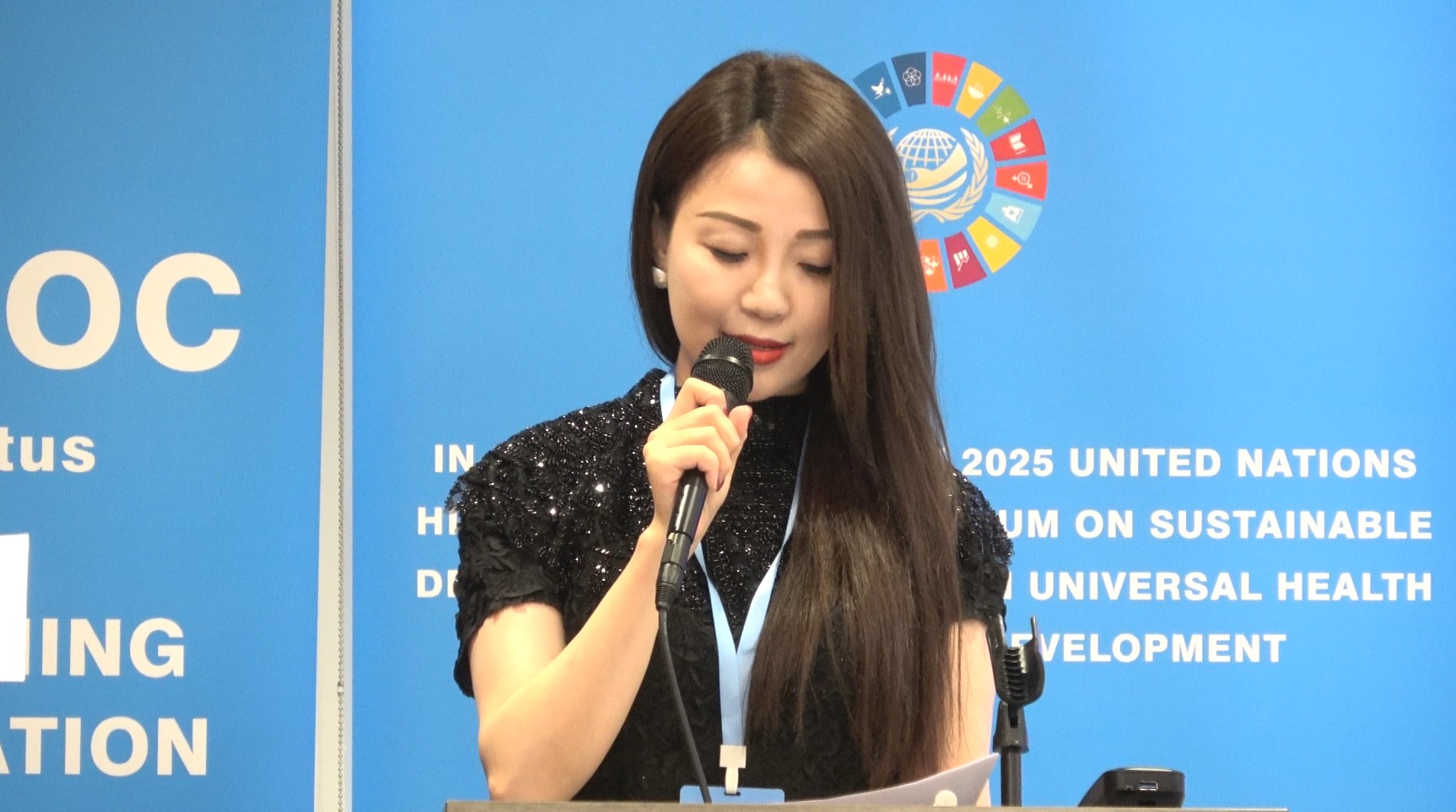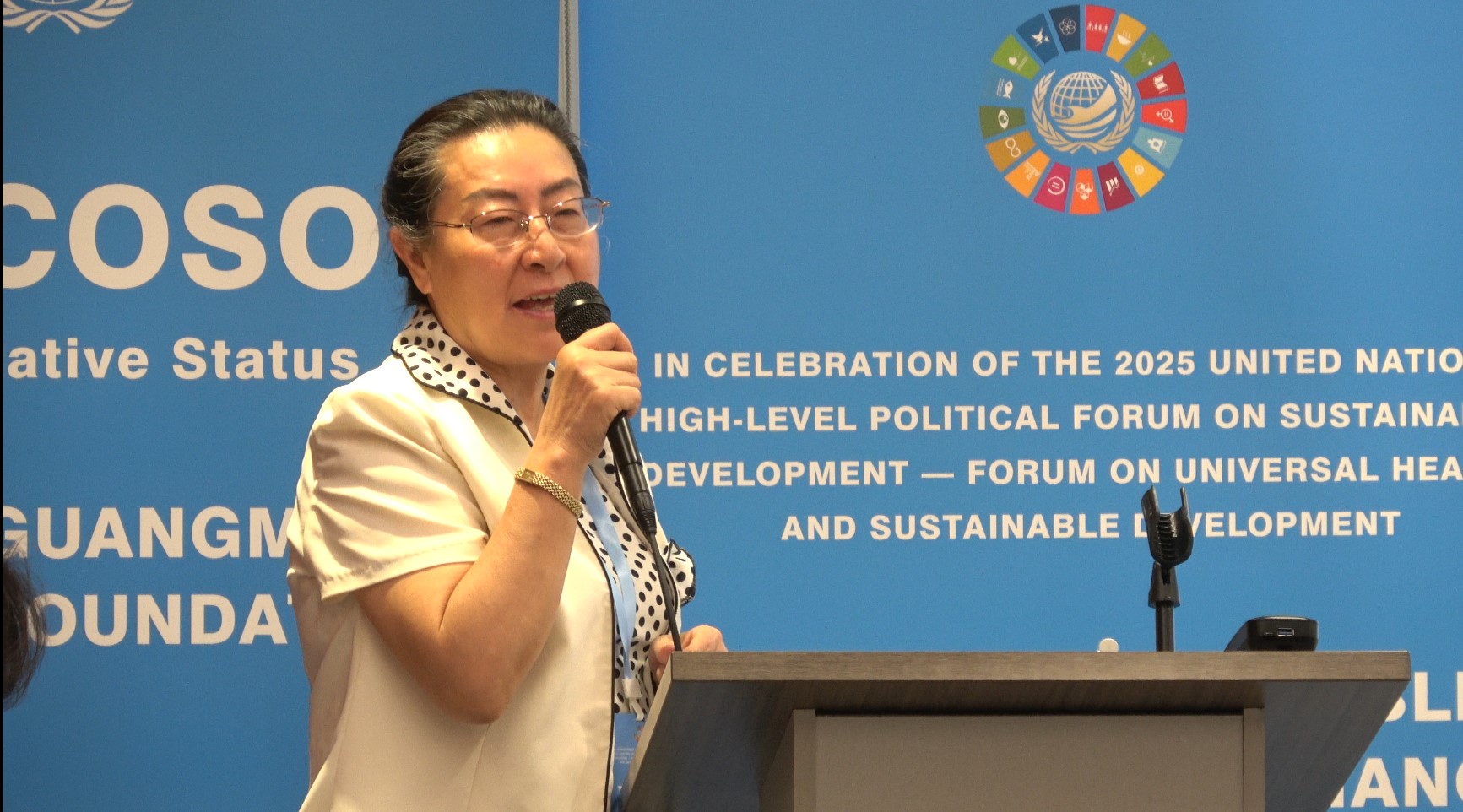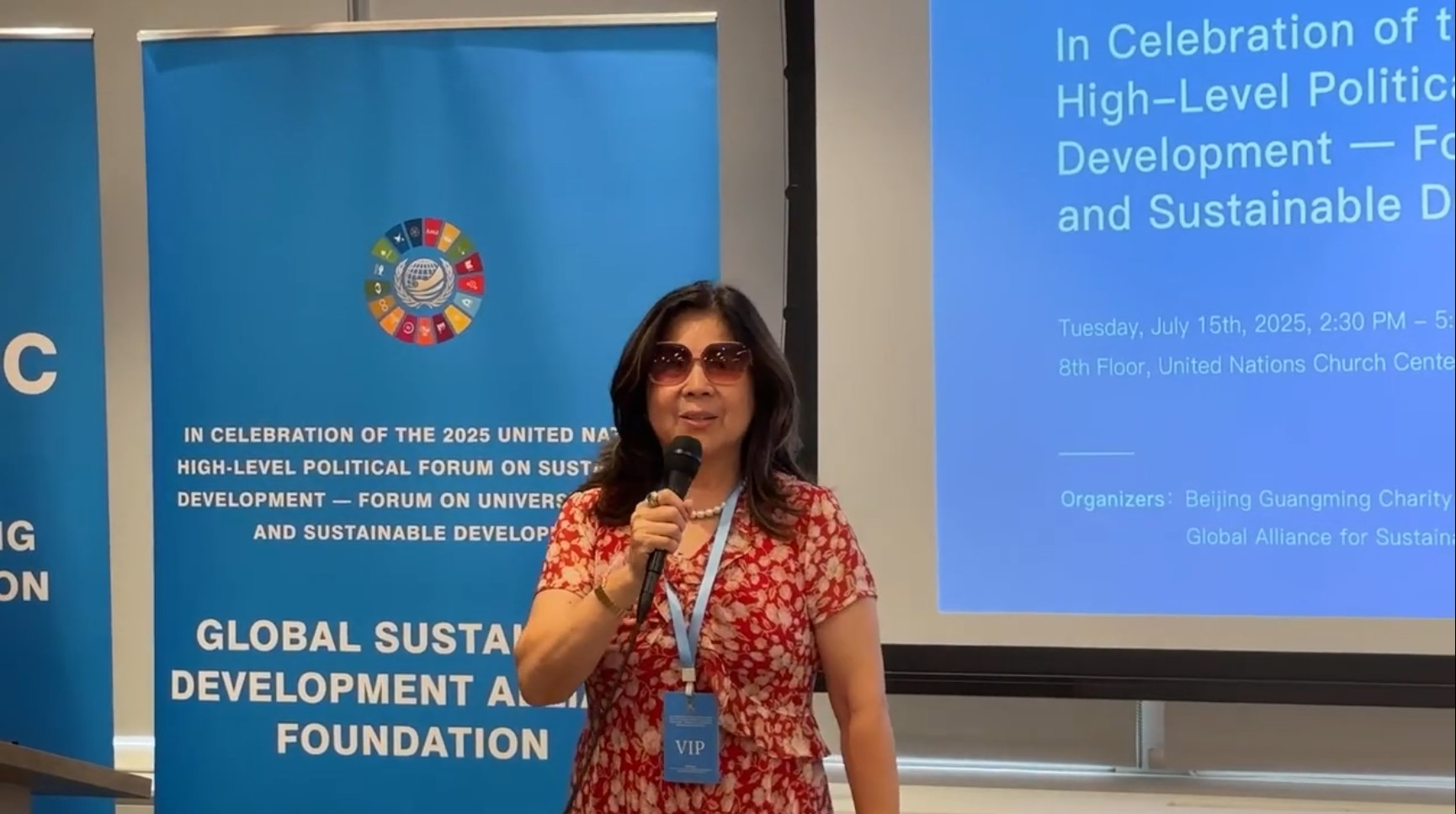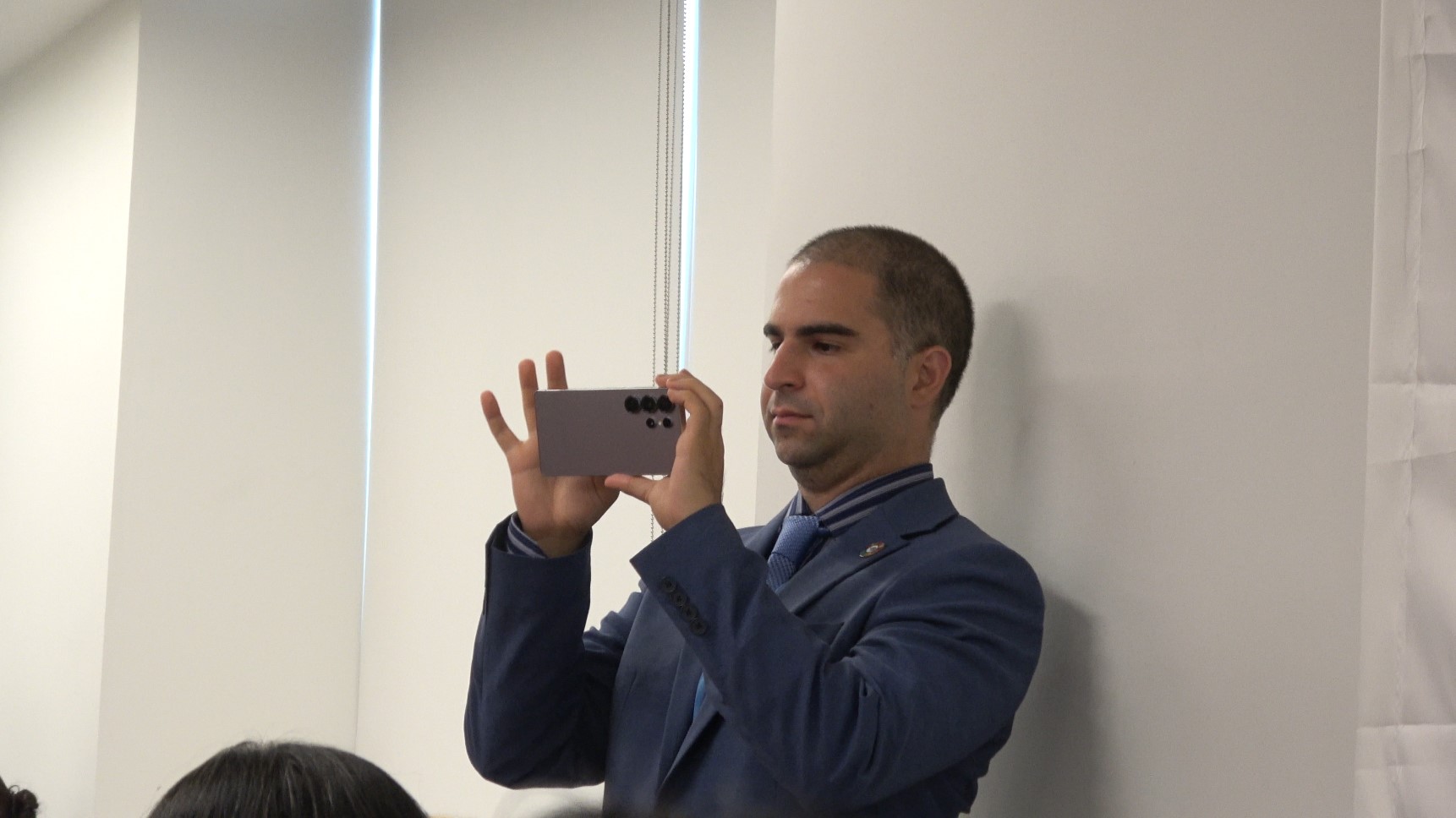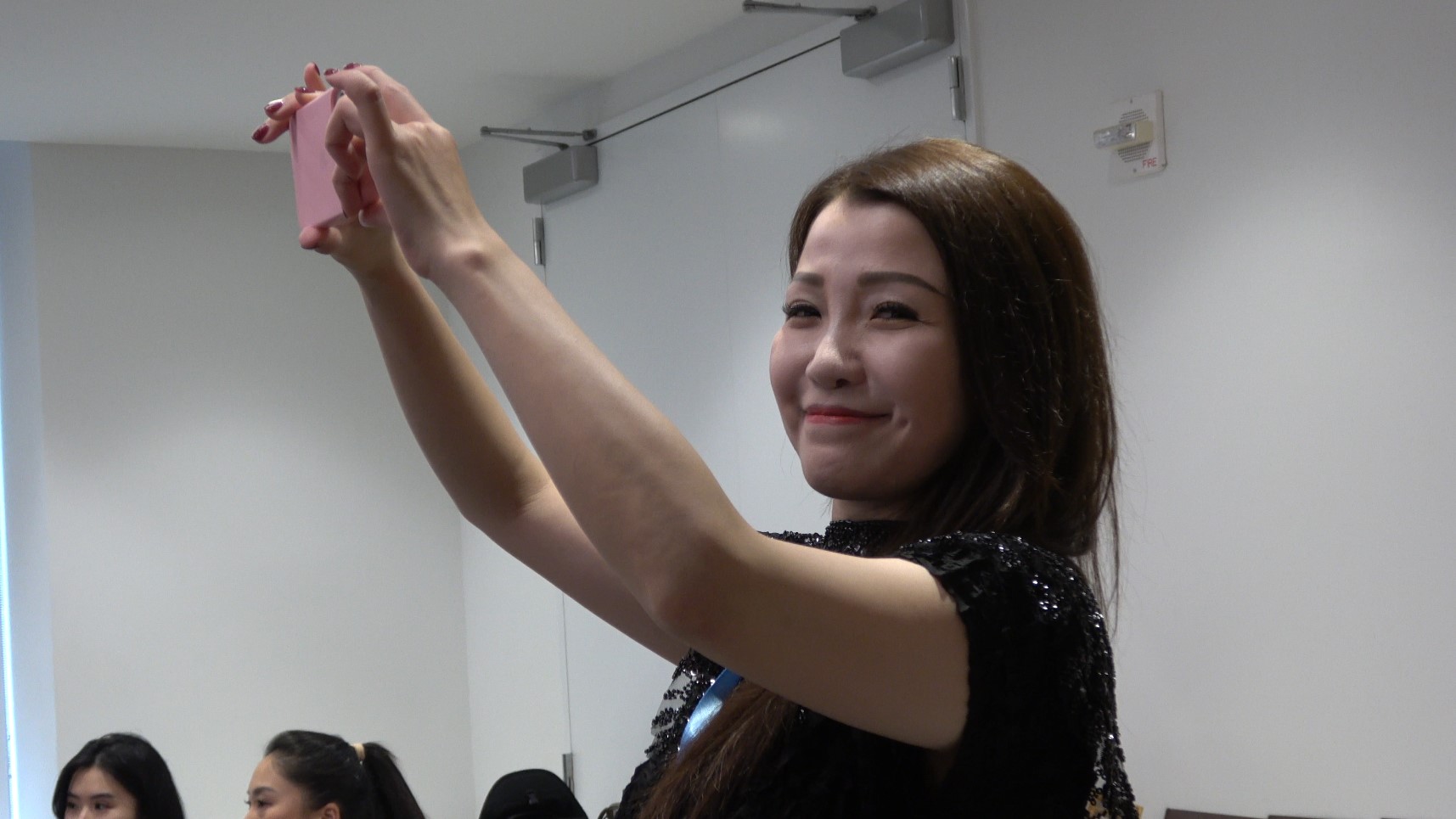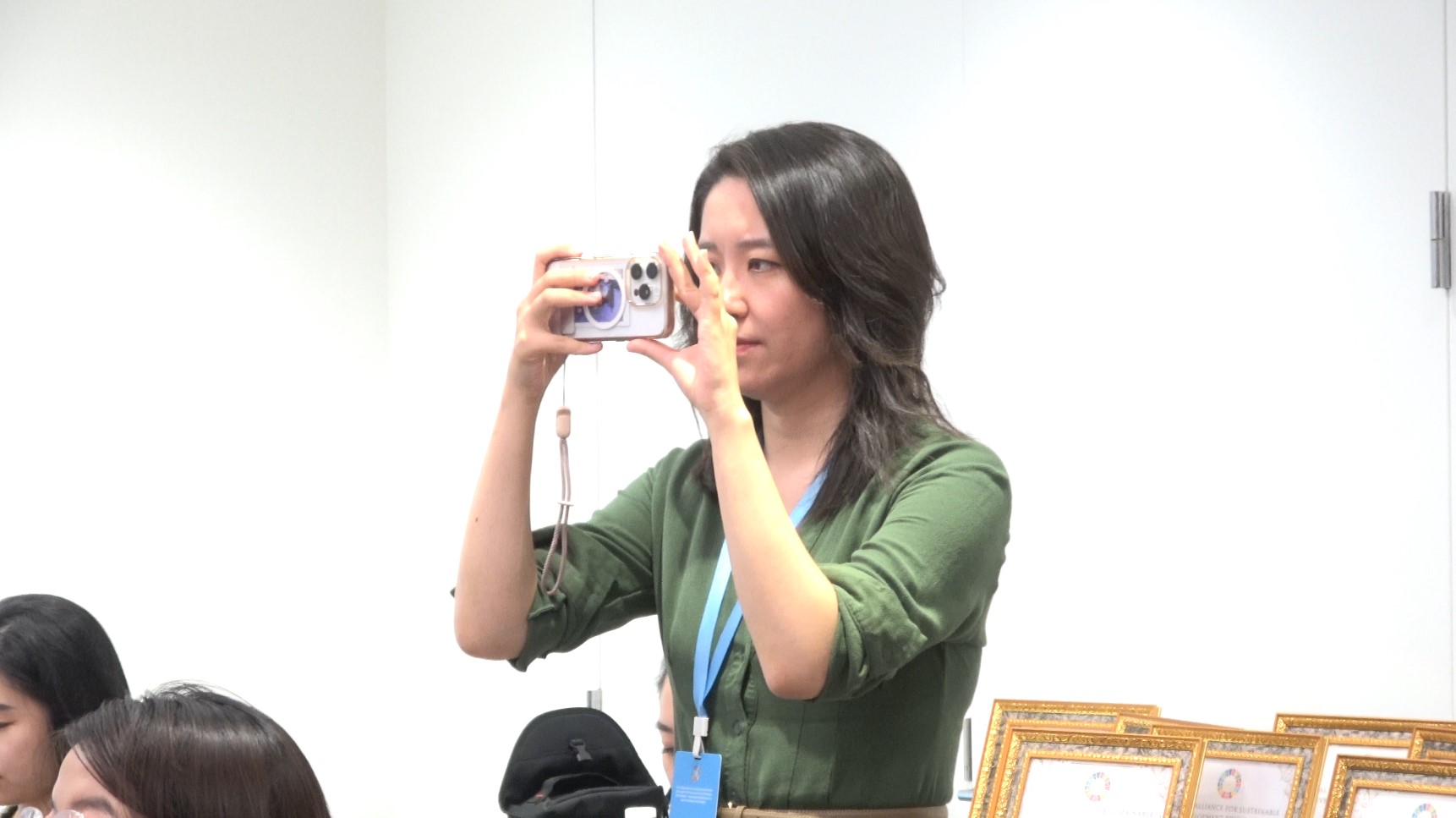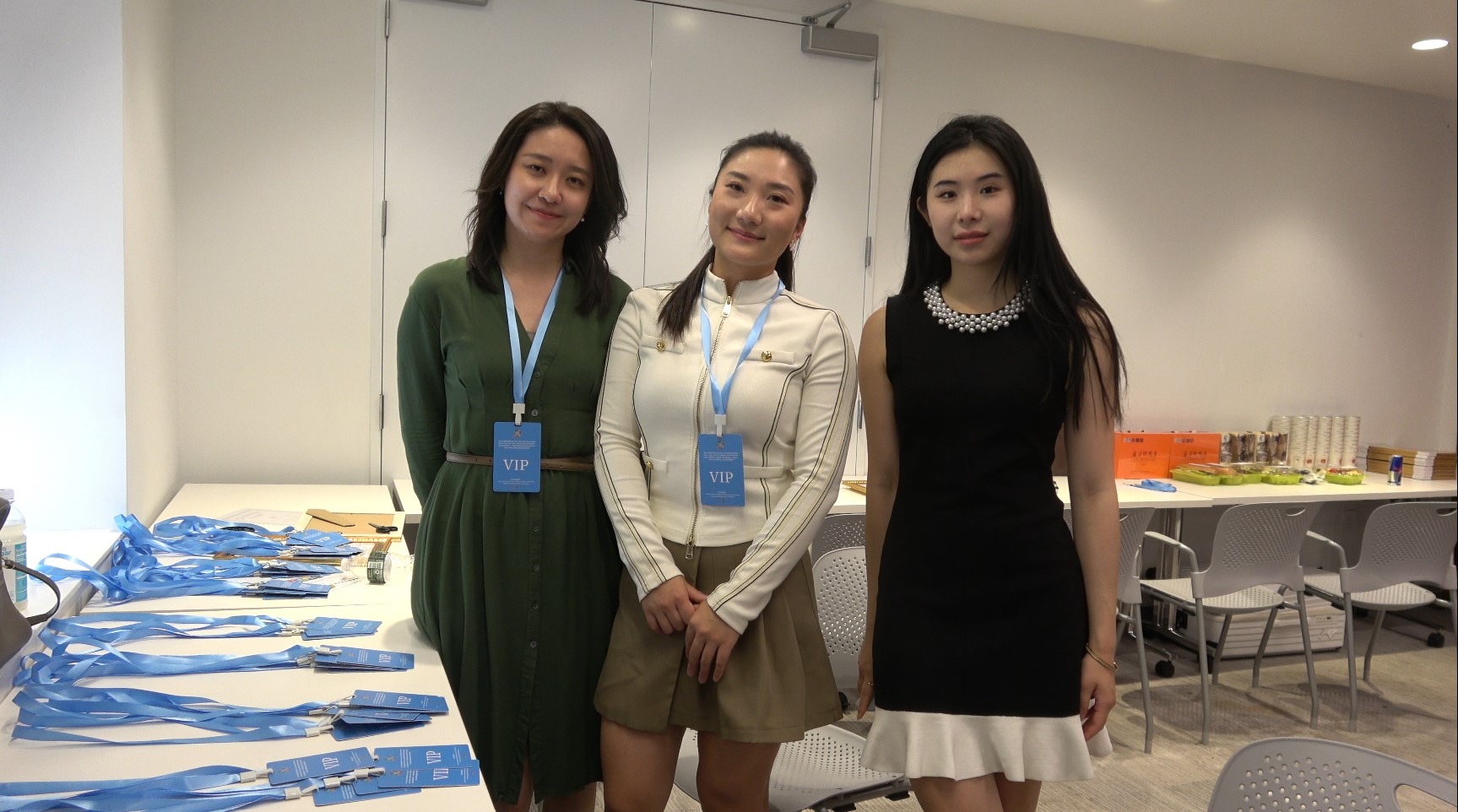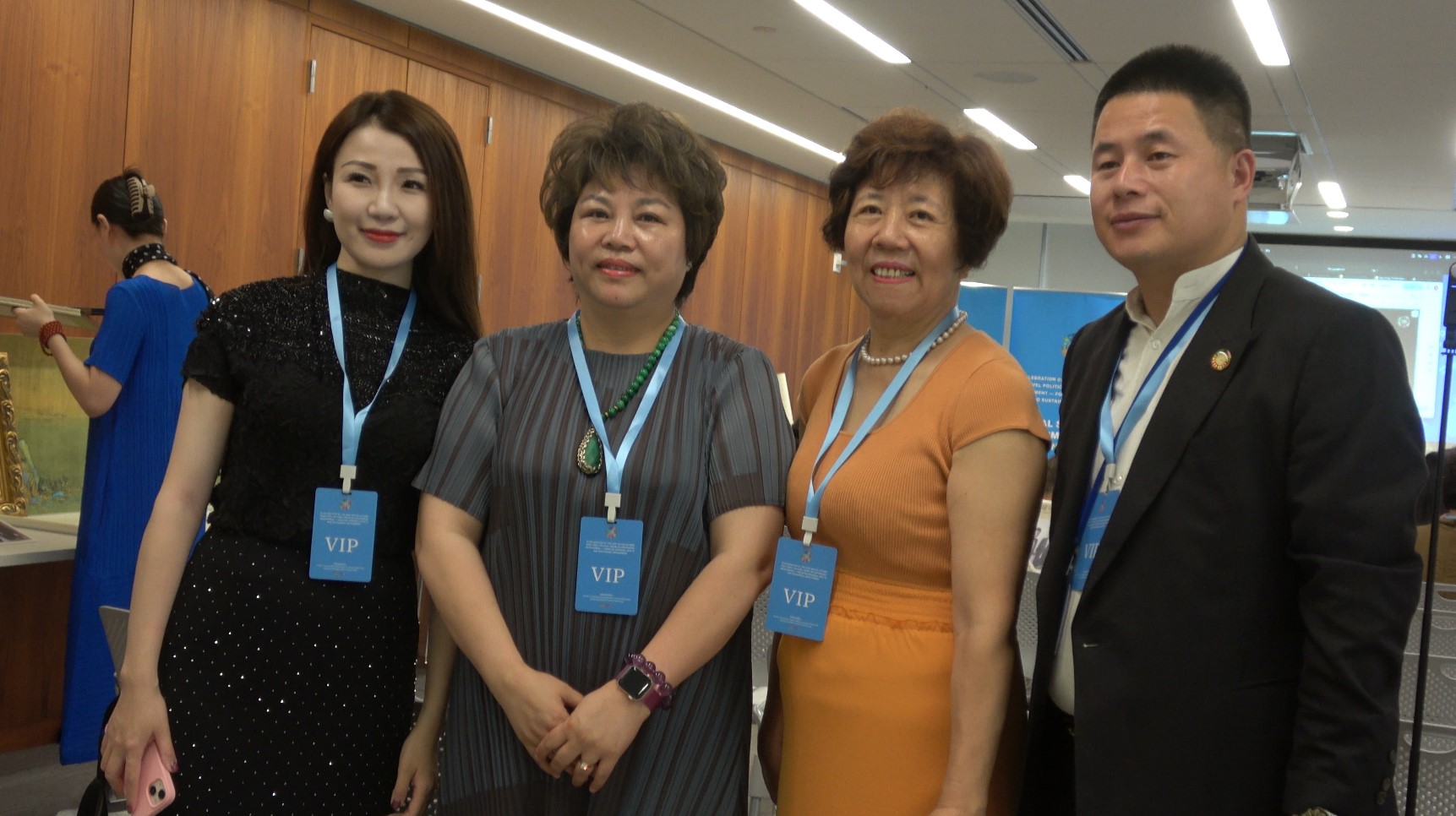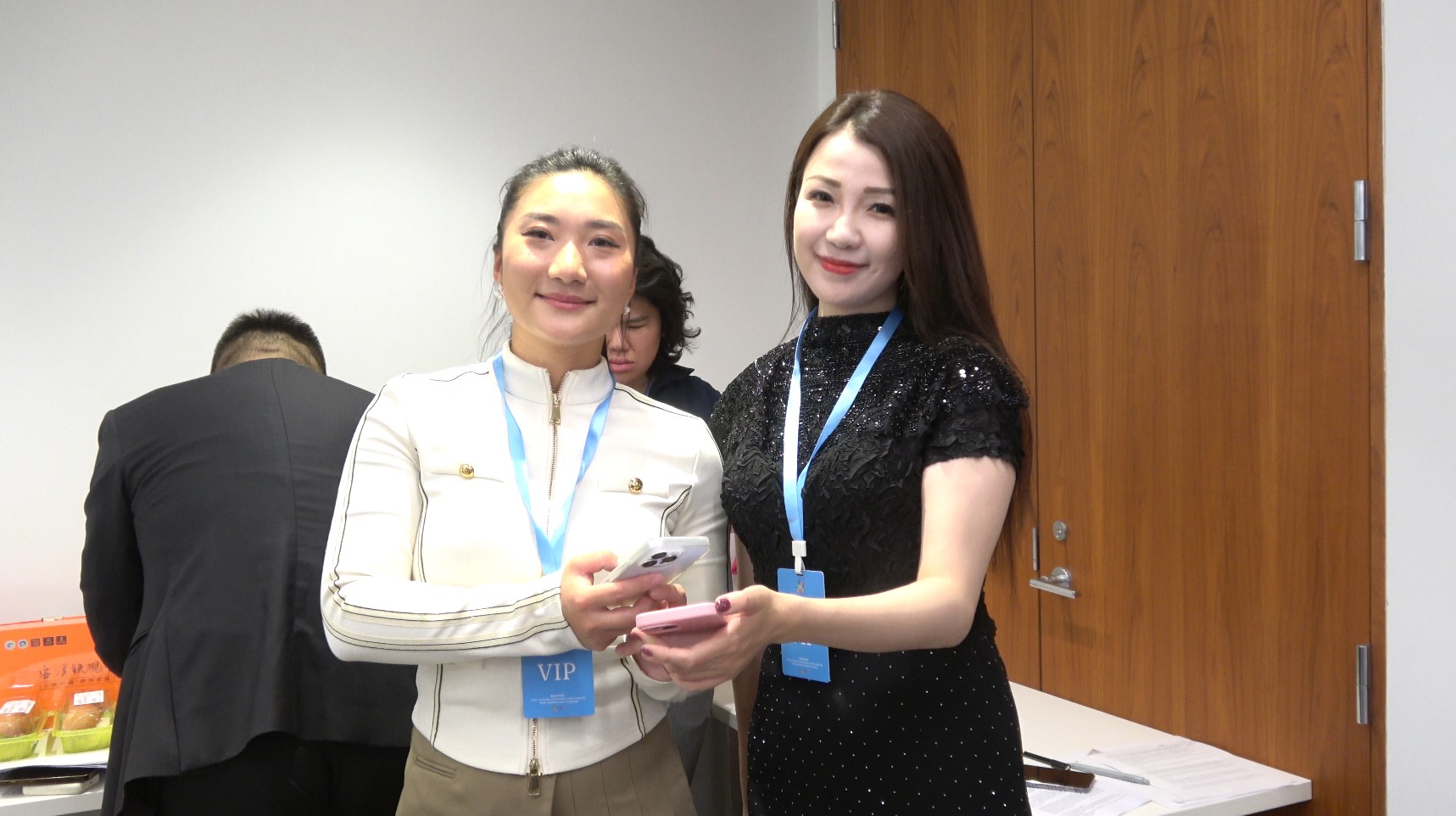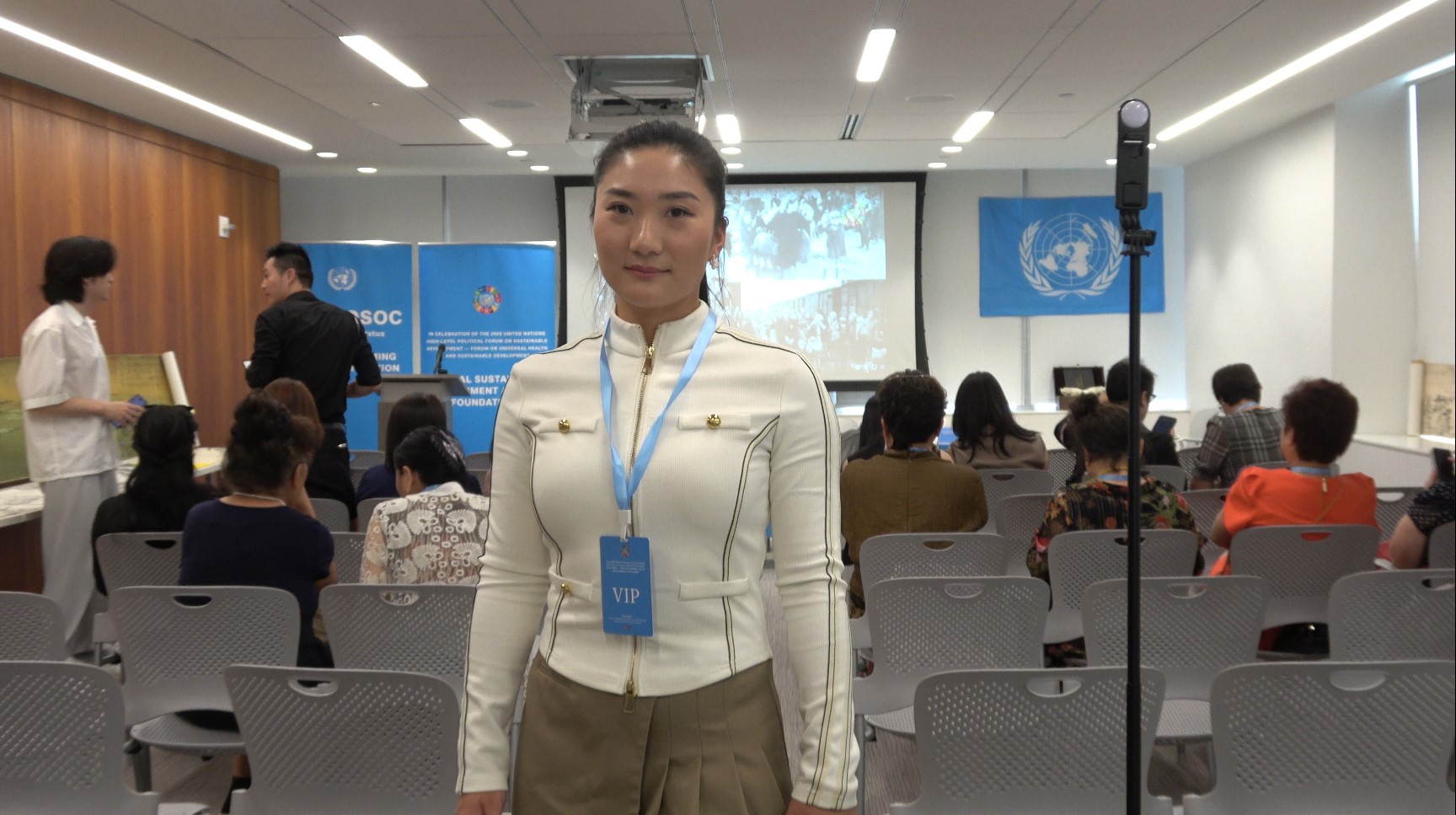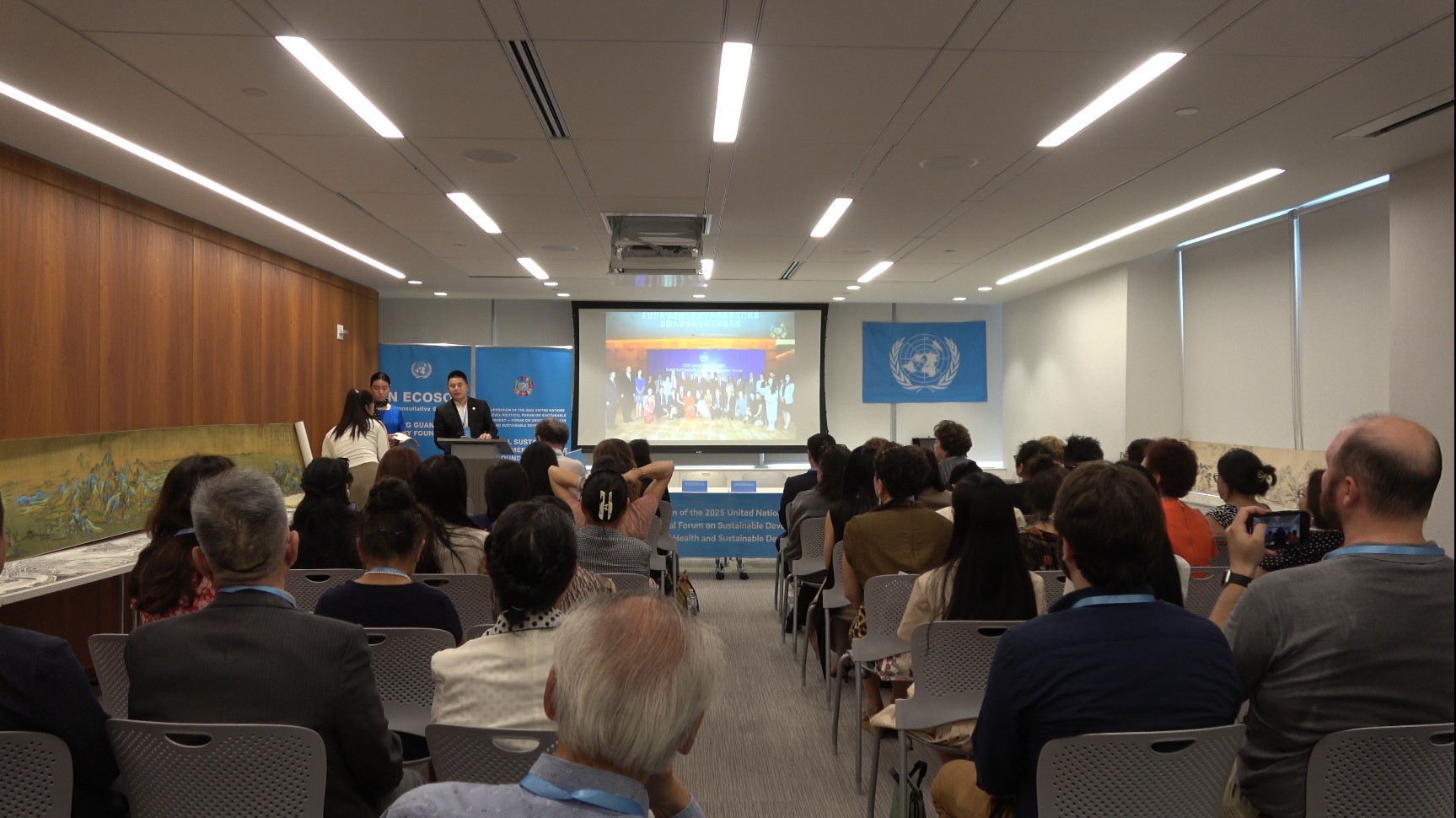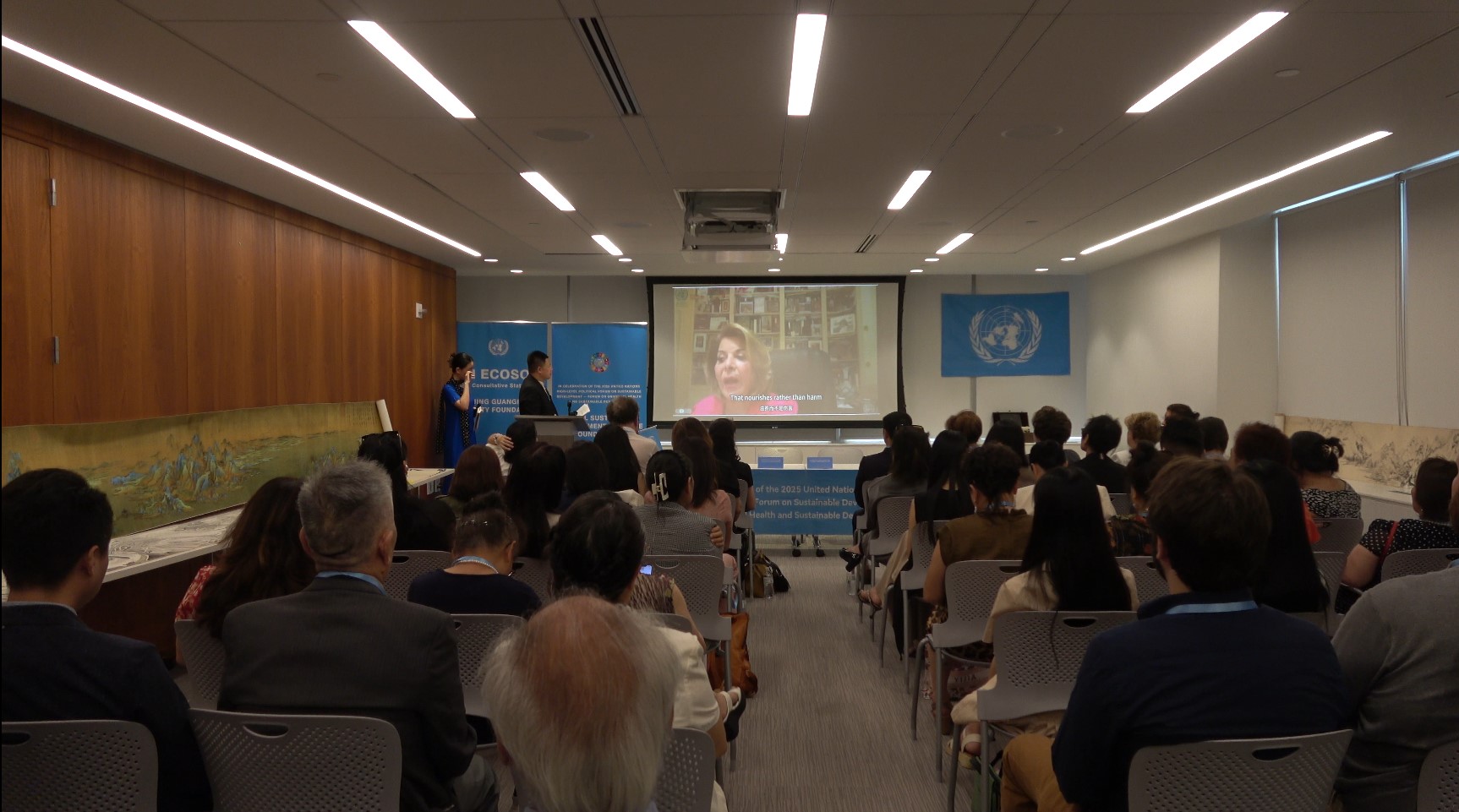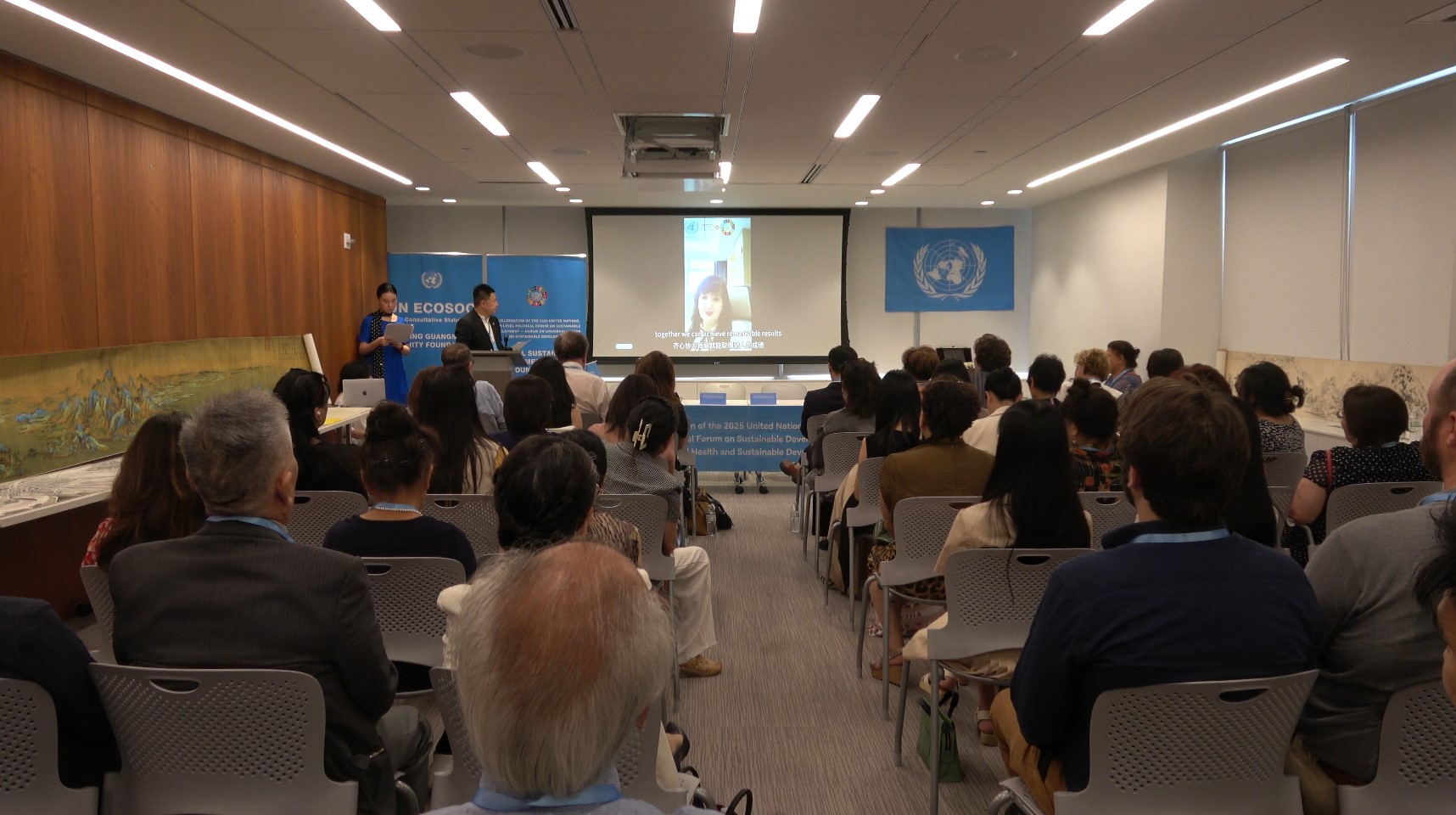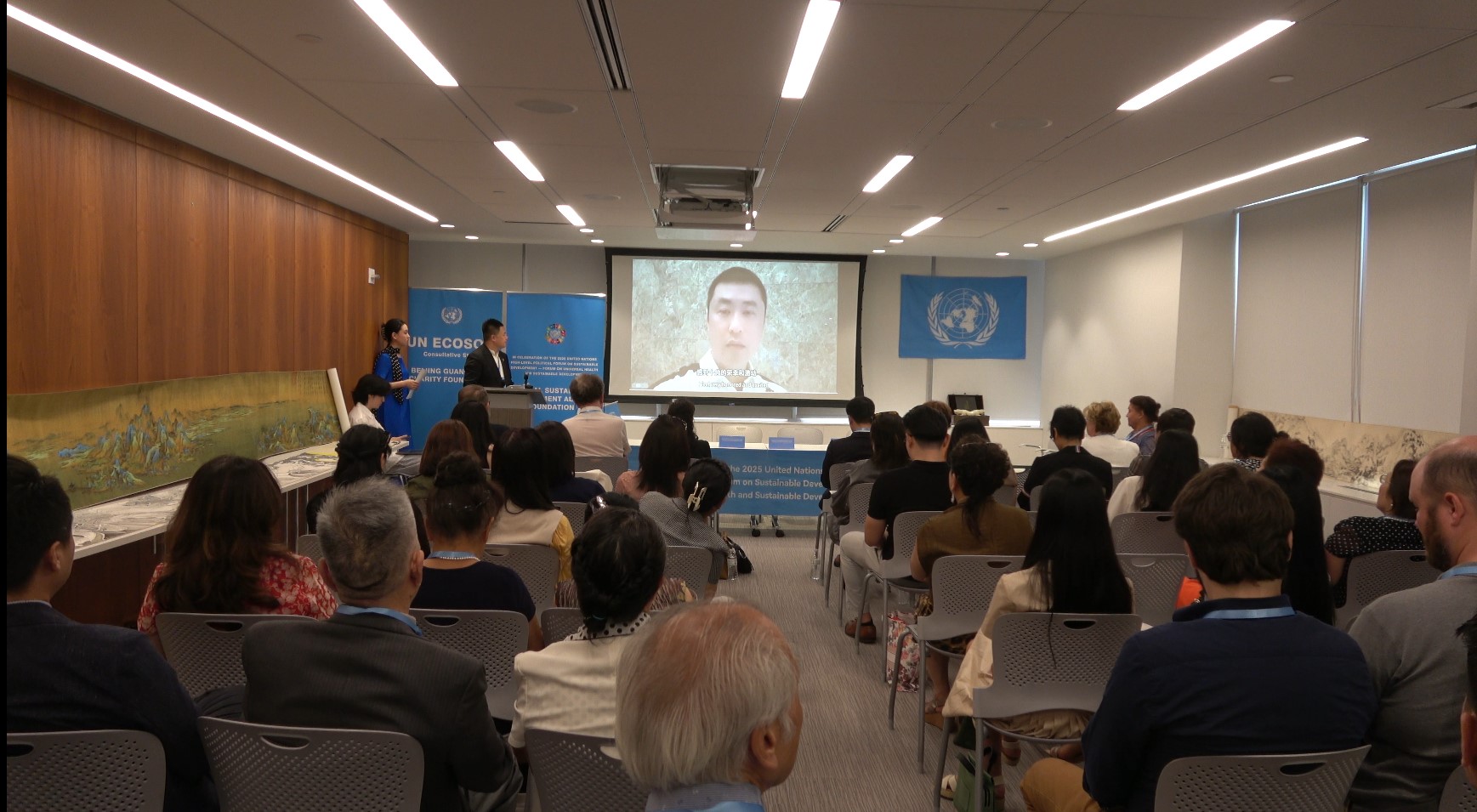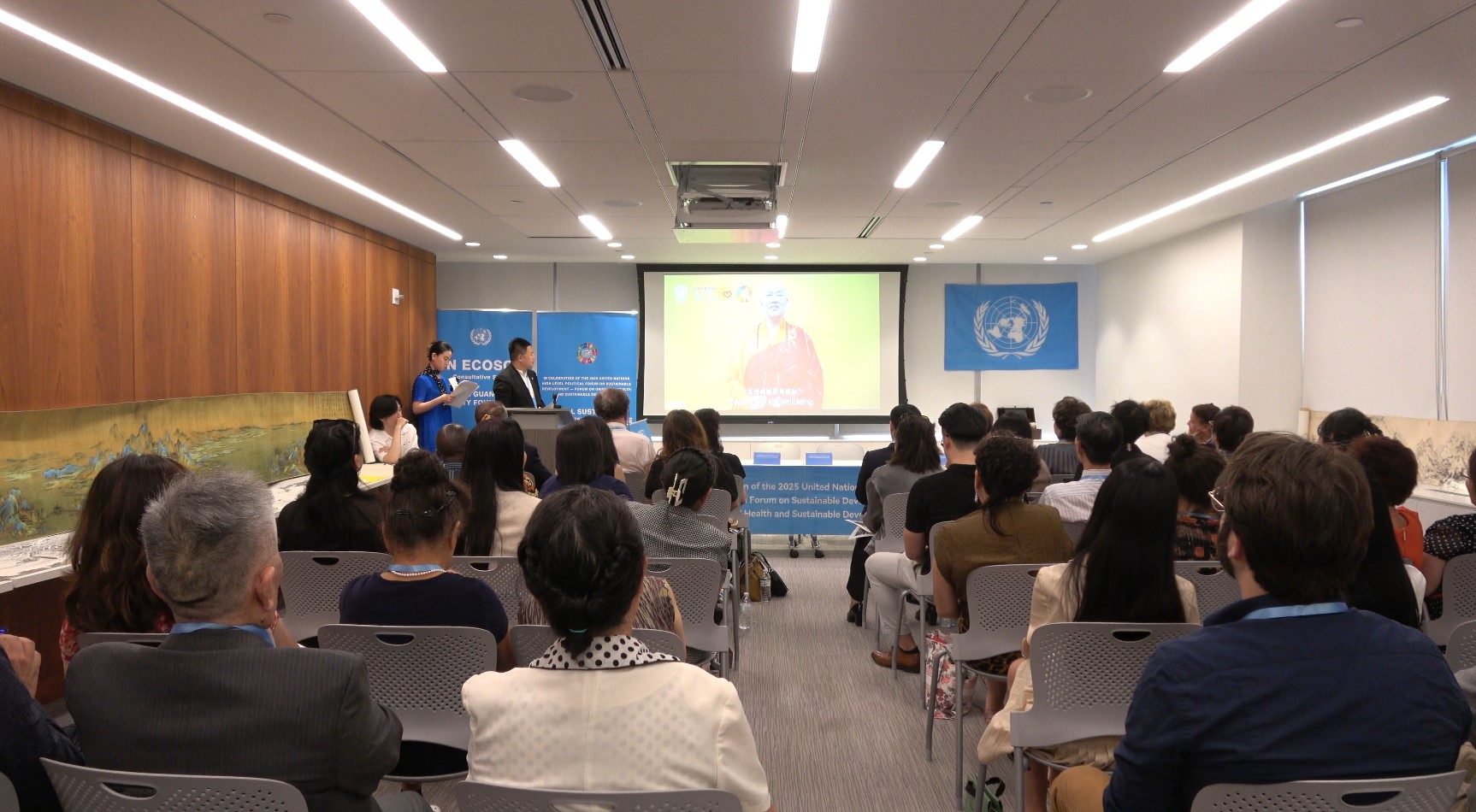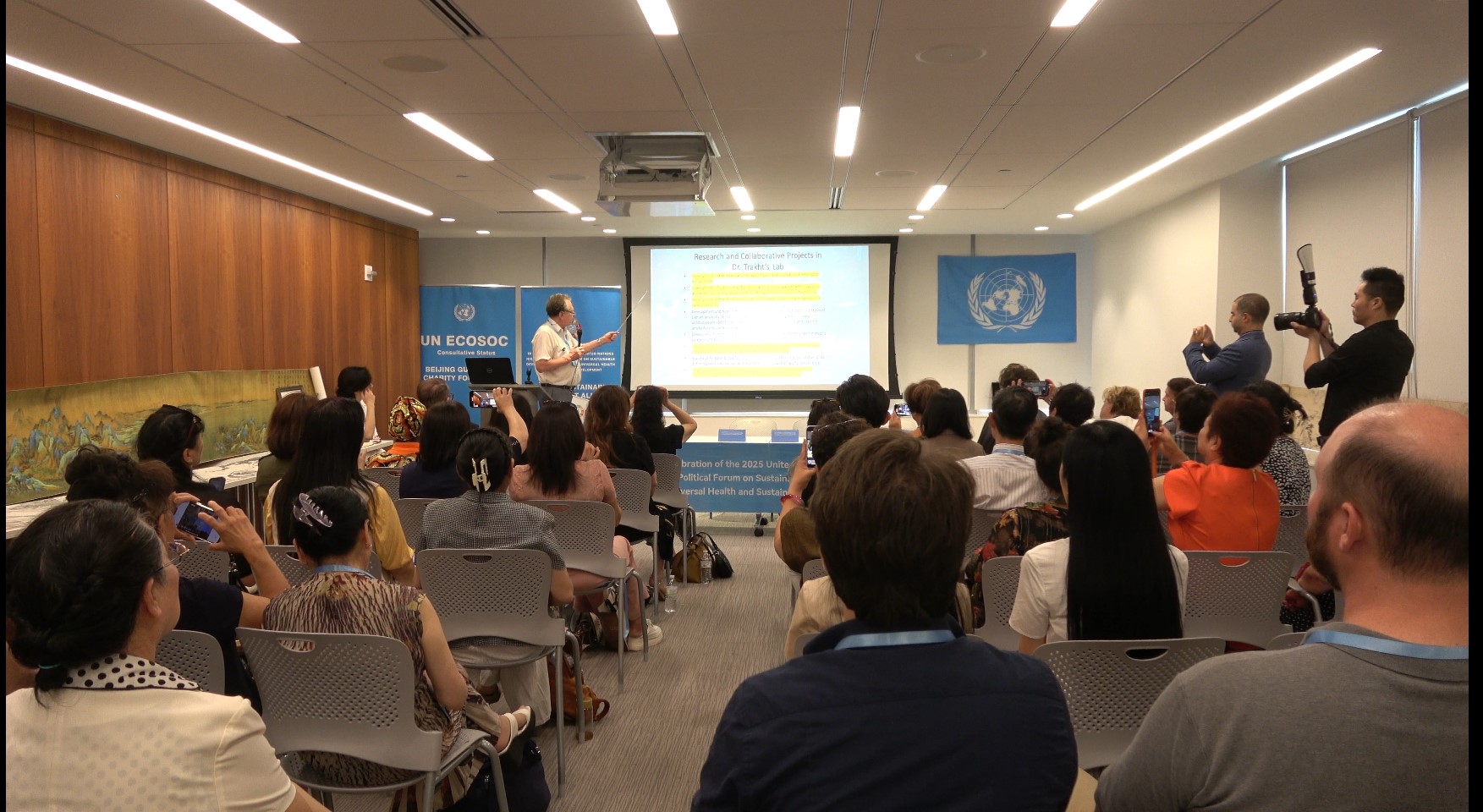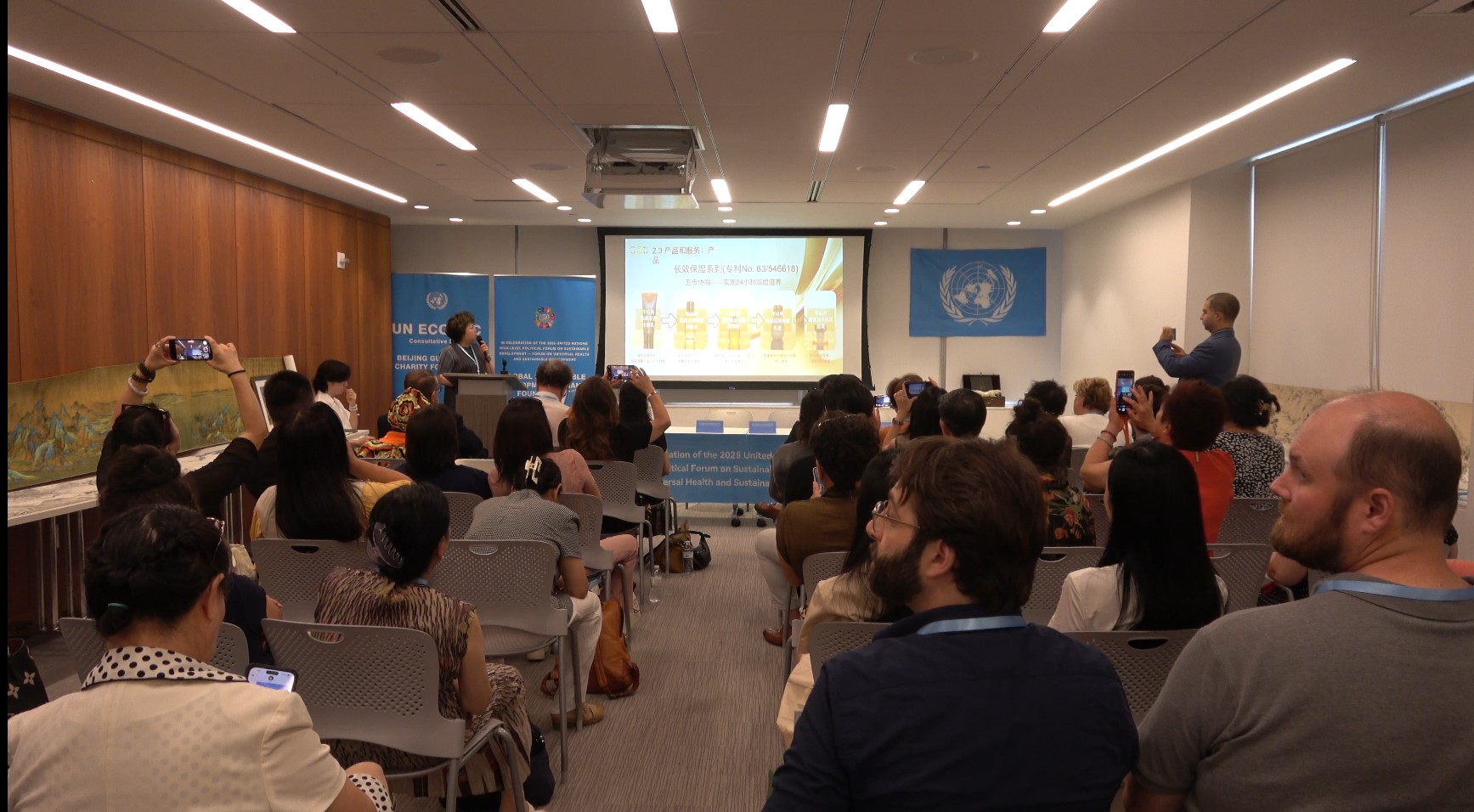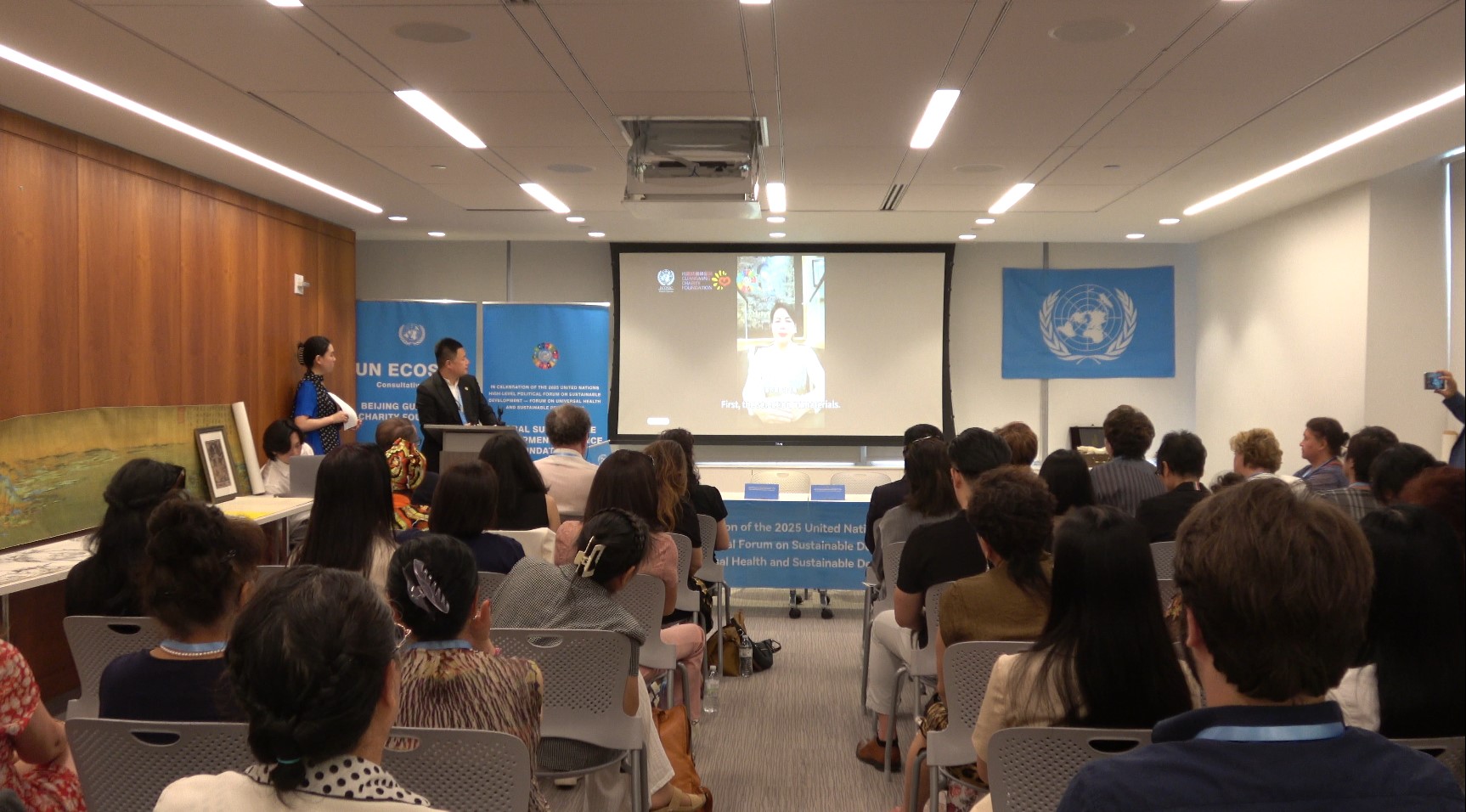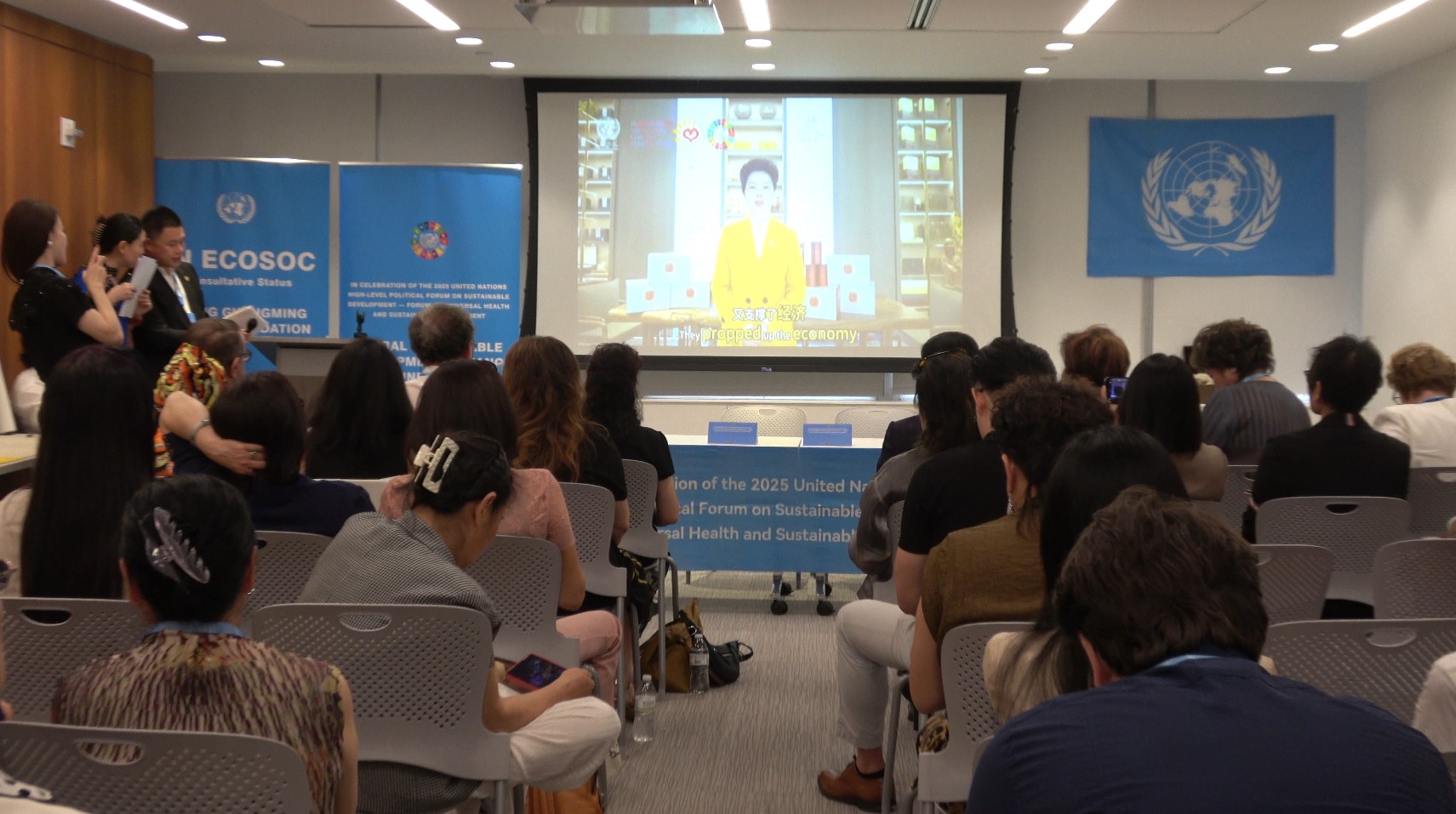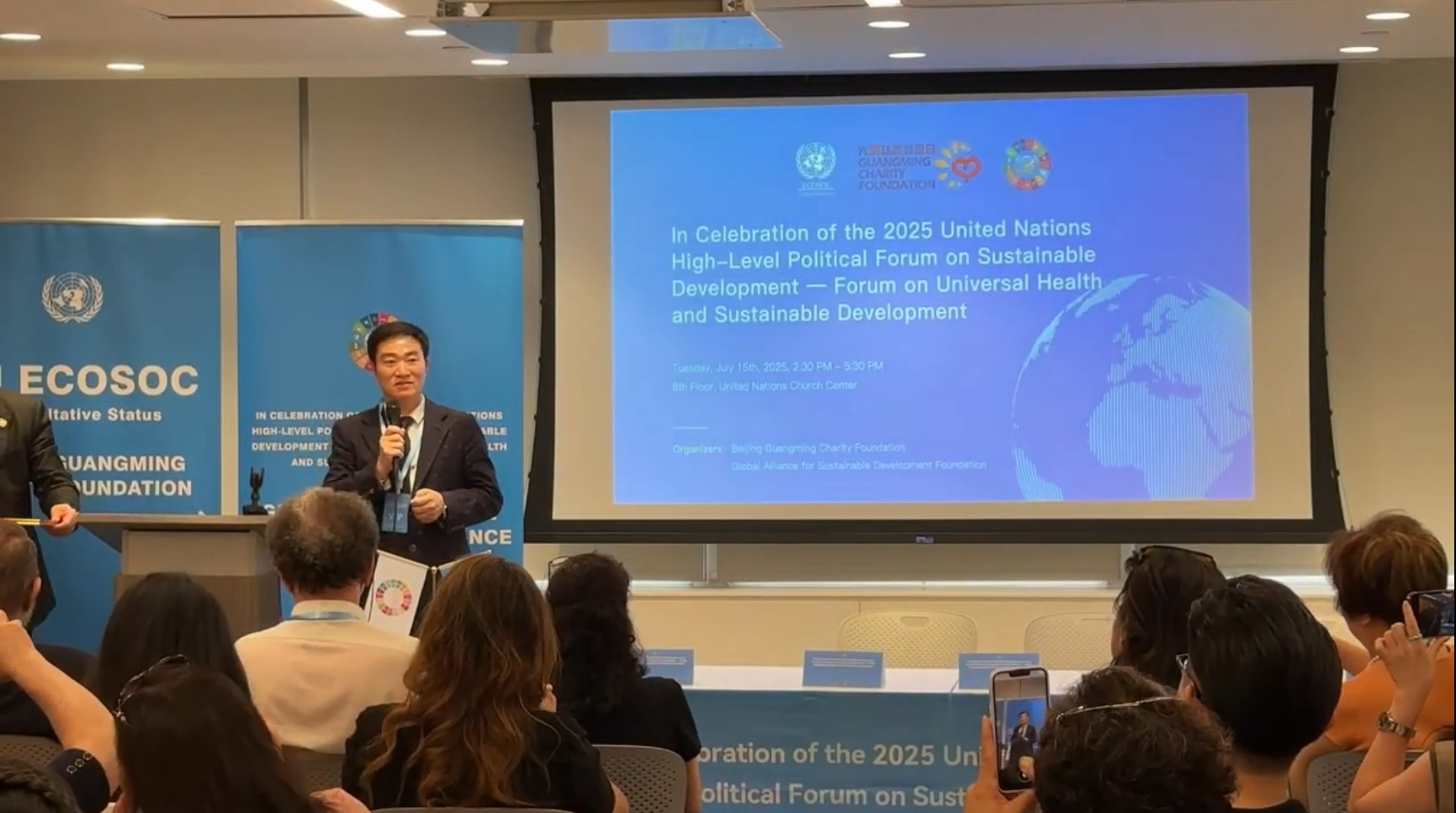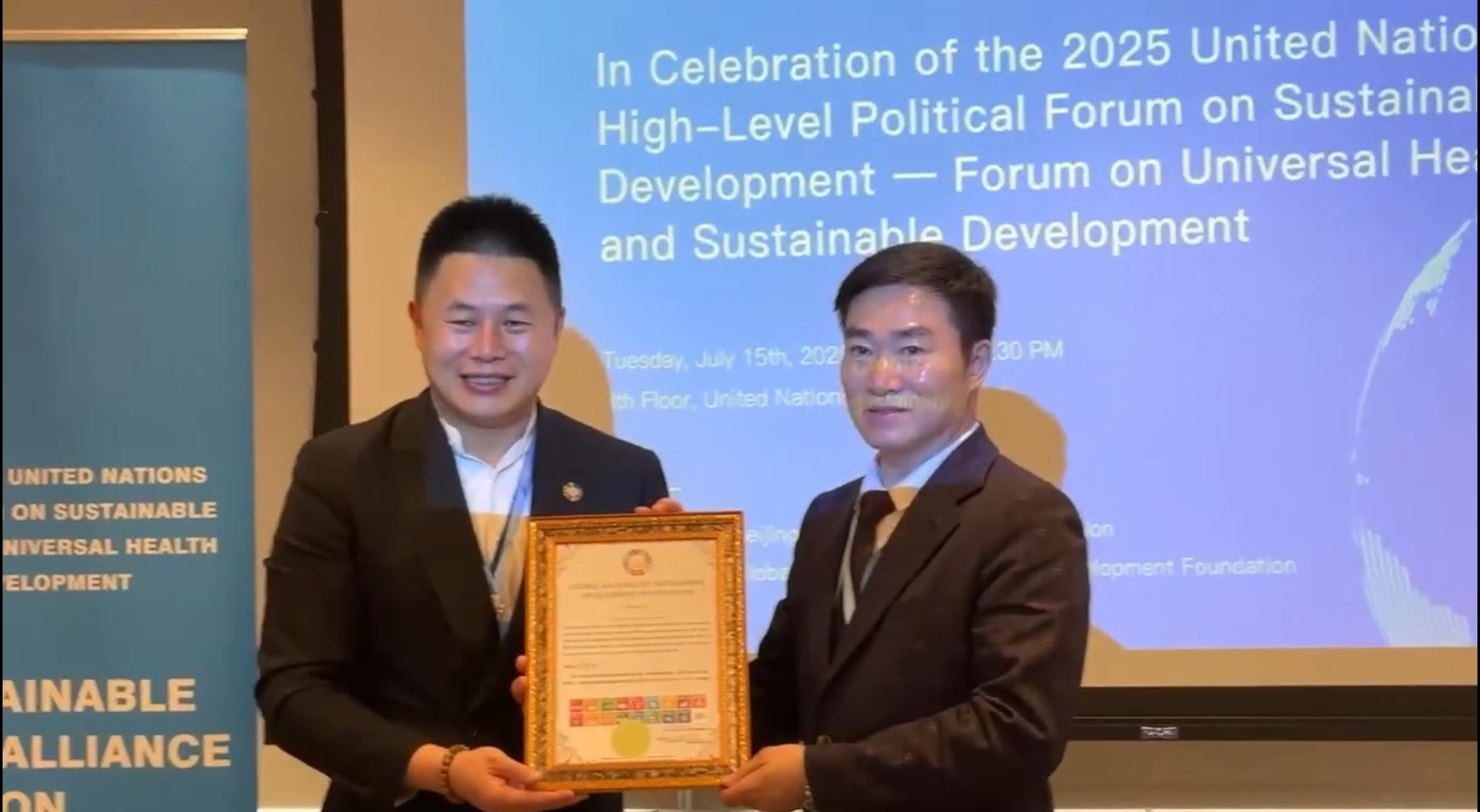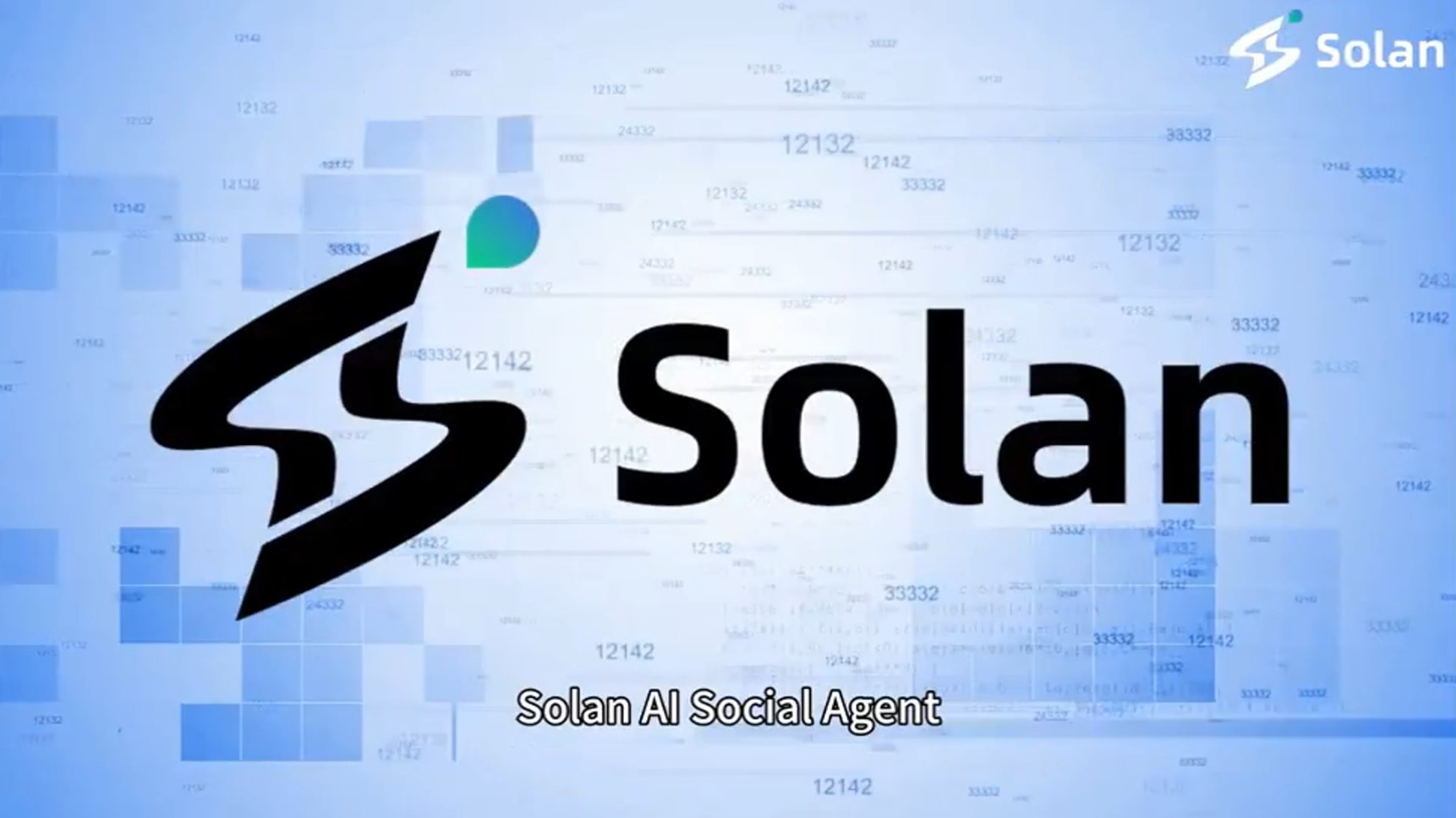Celebrity media commentator: At this milestone moment marking the 80th anniversary of the UN Charter and the founding of the United Nations, Chinese social organizations have stepped onto the stage of global governance in a brand-new posture, becoming a vital force in advancing the sustainable development agenda.On July 15, 2025, during the United Nations High-Level Political Forum (HLPF), the “UN Forum on Health for All and Sustainable Development” was held. This event, jointly hosted by Beijing Guangming Charity Foundation and the Global Sustainable Development Alliance Foundation, focused on “Health for All,” the core topic of UN Sustainable Development Goal (SDG 3). It brought together political leaders, experts, and representatives from international organizations from China, the US, Africa, Europe, and other countries to reach broad consensus on global health and well-being. Commentary perspective: A Chinese-style participation from “initiative” to “solution.”The significance of this forum is not merely the success of a meeting, but a Chinese-style participation shift from “initiative” to “solution.” It marks a transformation in the role of Chinese social organizations within the UN system—from “listeners” to “participants,” and then to “solution providers.” This process demonstrates China’s strategic outlook in global health governance and reflects the institutional confidence and practical ability of contemporary Chinese civil forces on international multilateral platforms.
The forum presented three notable highlights:
- Concept-first — Focusing on “Health for All” as the core topic, it connects all dimensions of sustainable development, from public health to education, from policymaking to grassroots implementation, demonstrating the high alignment between China’s actions and the global agenda;
- Cultural confidence — Traditional Chinese Medicine (TCM) is no longer just a “display,” but through technological empowerment and integration into education systems, it has entered the global health dialogue substantively and become part of international discourse;
- Systemic synergy — Integrating art, technology, religion, and youth power across sectors, it builds the “panoramic thinking” needed for future global governance, injecting diverse and continuous momentum into health topics.
- Looking ahead: The global health blueprint needs more “Guangming companions.”
The successful conclusion of this forum is not an endpoint but a new beginning. It sends a clear signal: On the journey of global health governance, China has commitment, solutions, and pathways.
As the UN celebrates its 80th anniversary, Chinese social organizations are stepping onto the global stage with greater proactiveness, professionalism, and internationalization. In the future, more Chinese forces with international vision and local experience will join global partners in striving to achieve health for all and build a community with a shared future for mankind.
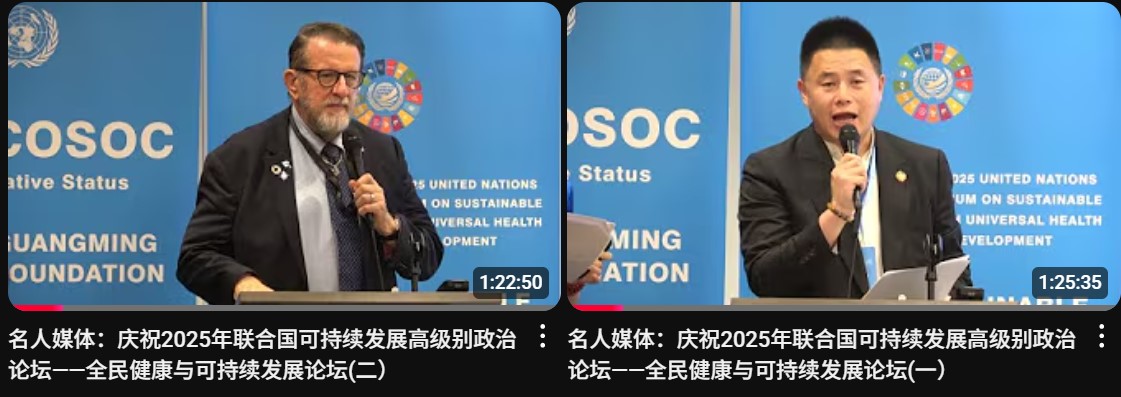 Click the image above to watch the livestream
Click the image above to watch the livestream 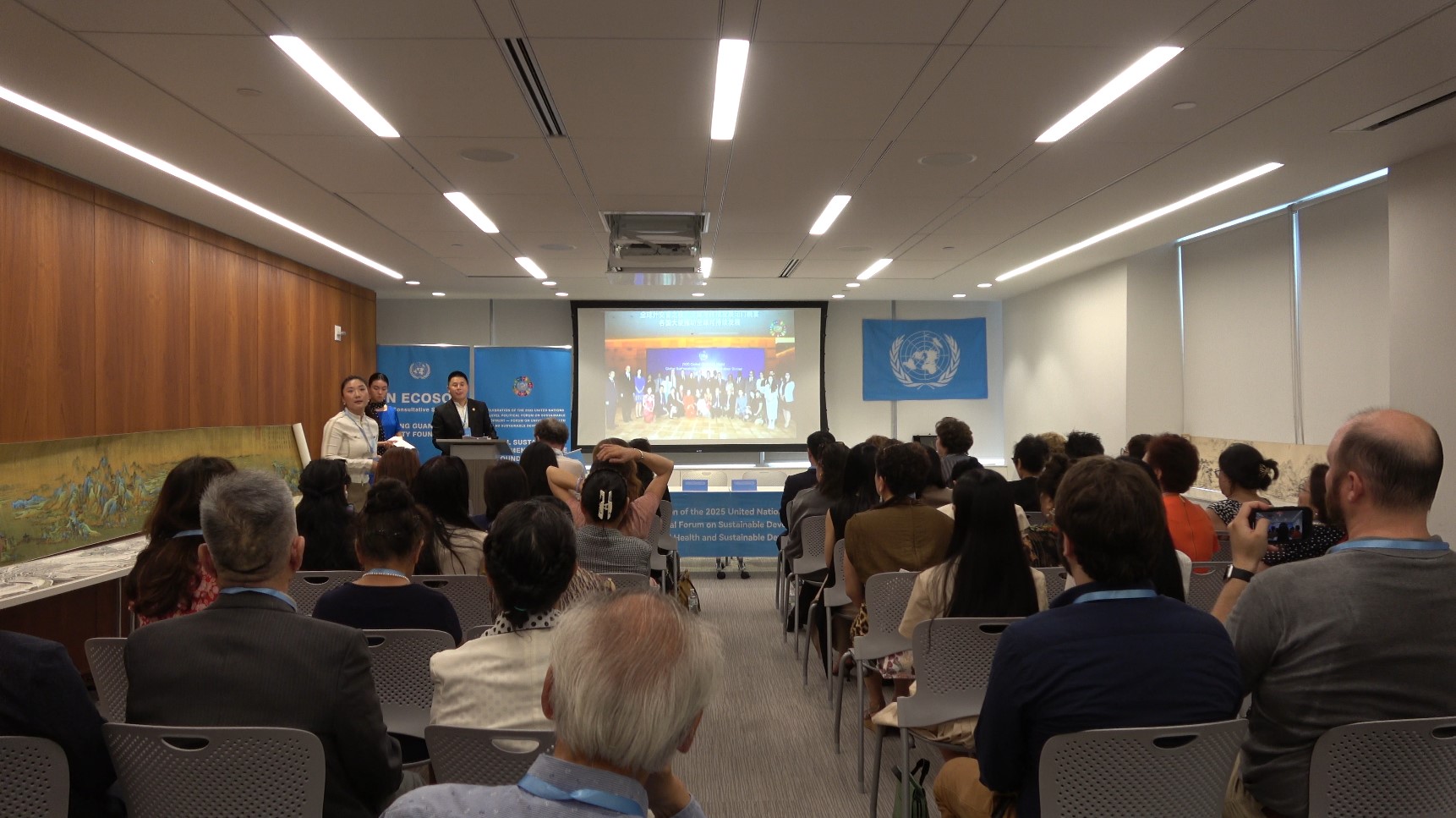
UN Forum on Health for All and Sustainable Development
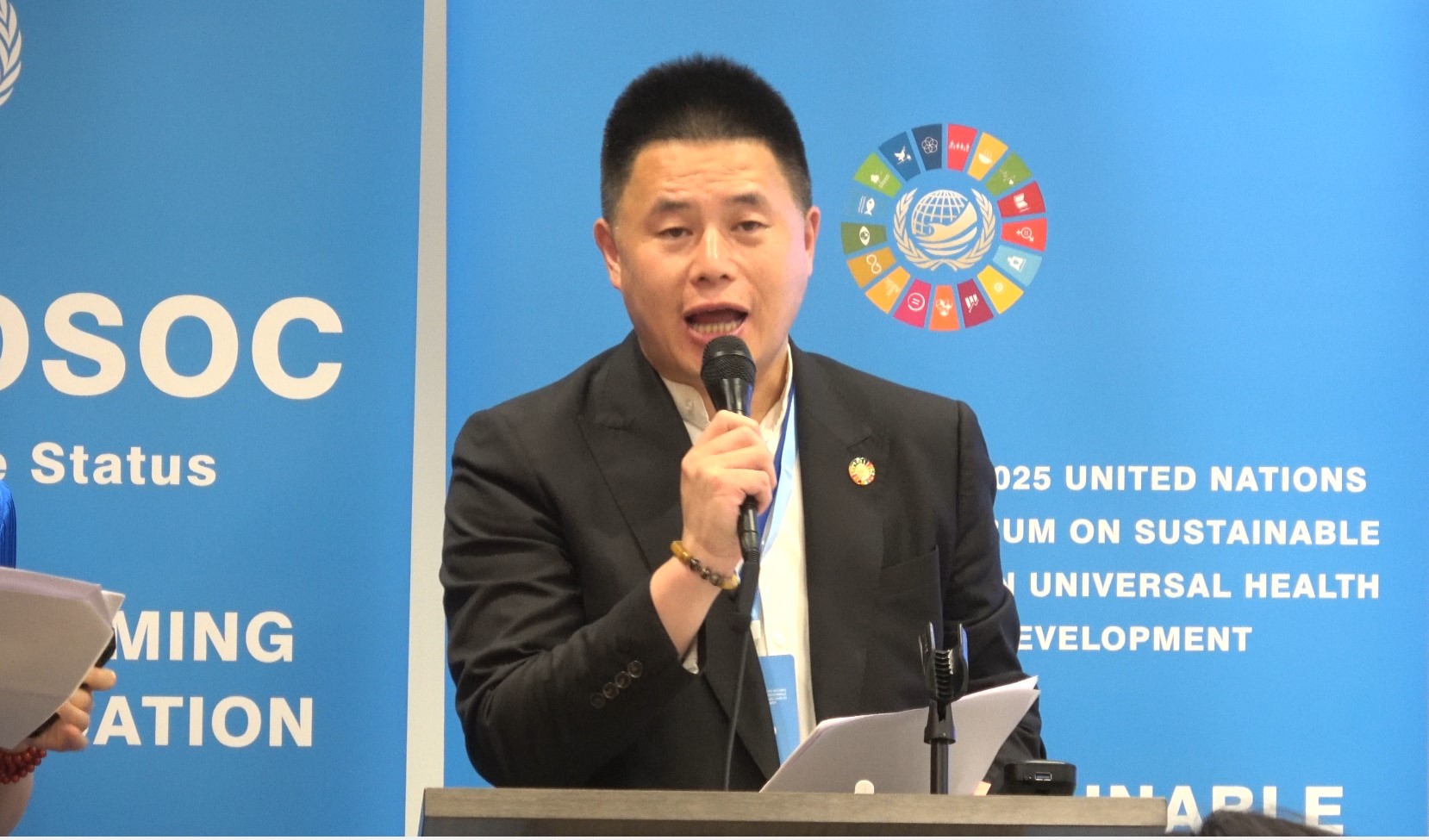
This forum was co-hosted by Beijing Guangming Charity Foundation and the Global Sustainable Development Alliance Foundation, marking the first time Chinese social organizations played a leading role at the UN main venue. This collaboration began with a strategic cooperation agreement signed between the two parties in Beijing on May 21, 2025—signifying in-depth cooperation between Chinese and American NGOs in promoting the global sustainable development agenda.
As one of the few Chinese NGOs with Special Consultative Status with the UN ECOSOC, Guangming Charity Foundation led a delegation as co-host to the UN. This set a benchmark for Chinese social organizations and showcased China’s solution-providing capabilities on international issues.
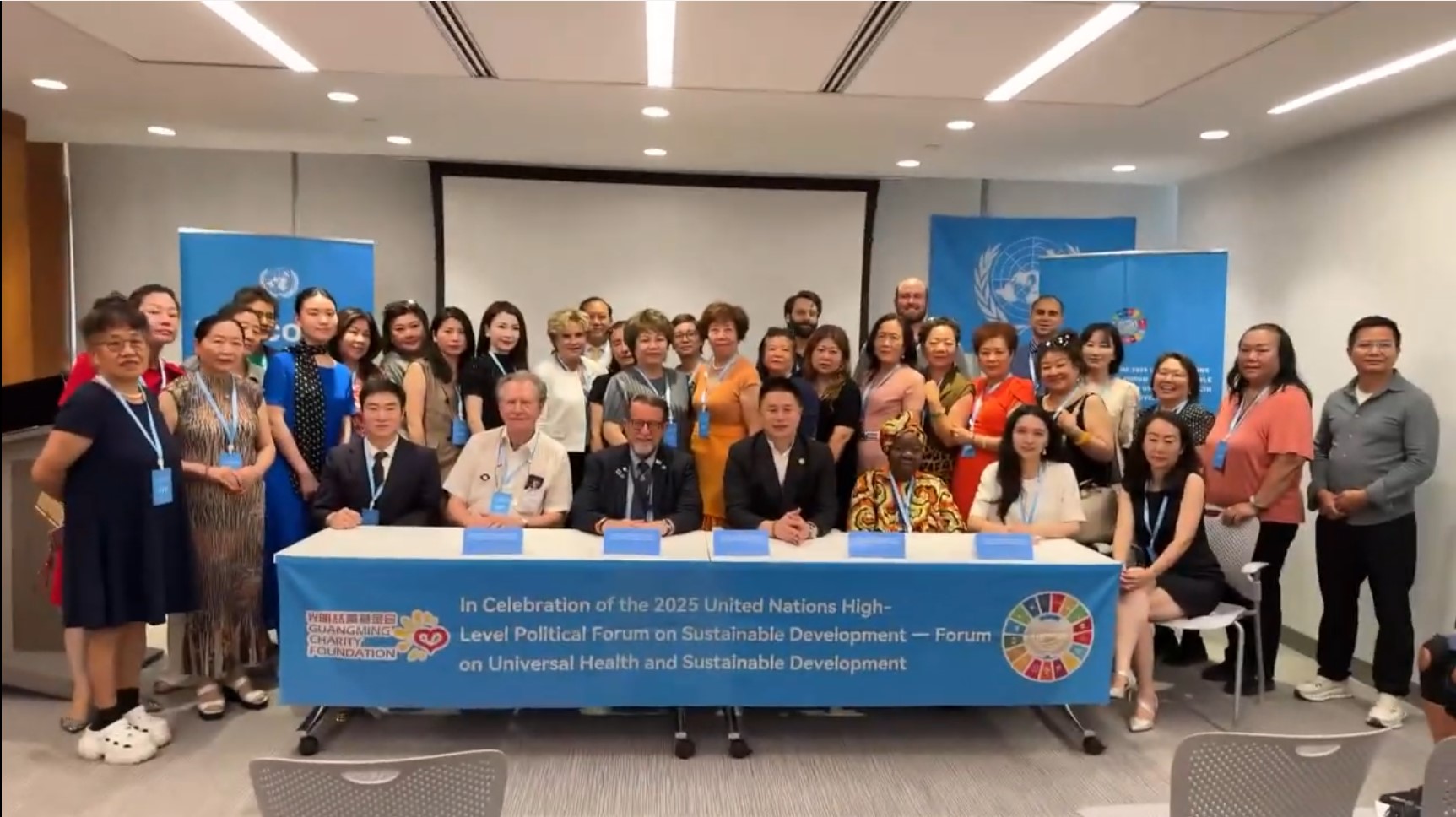
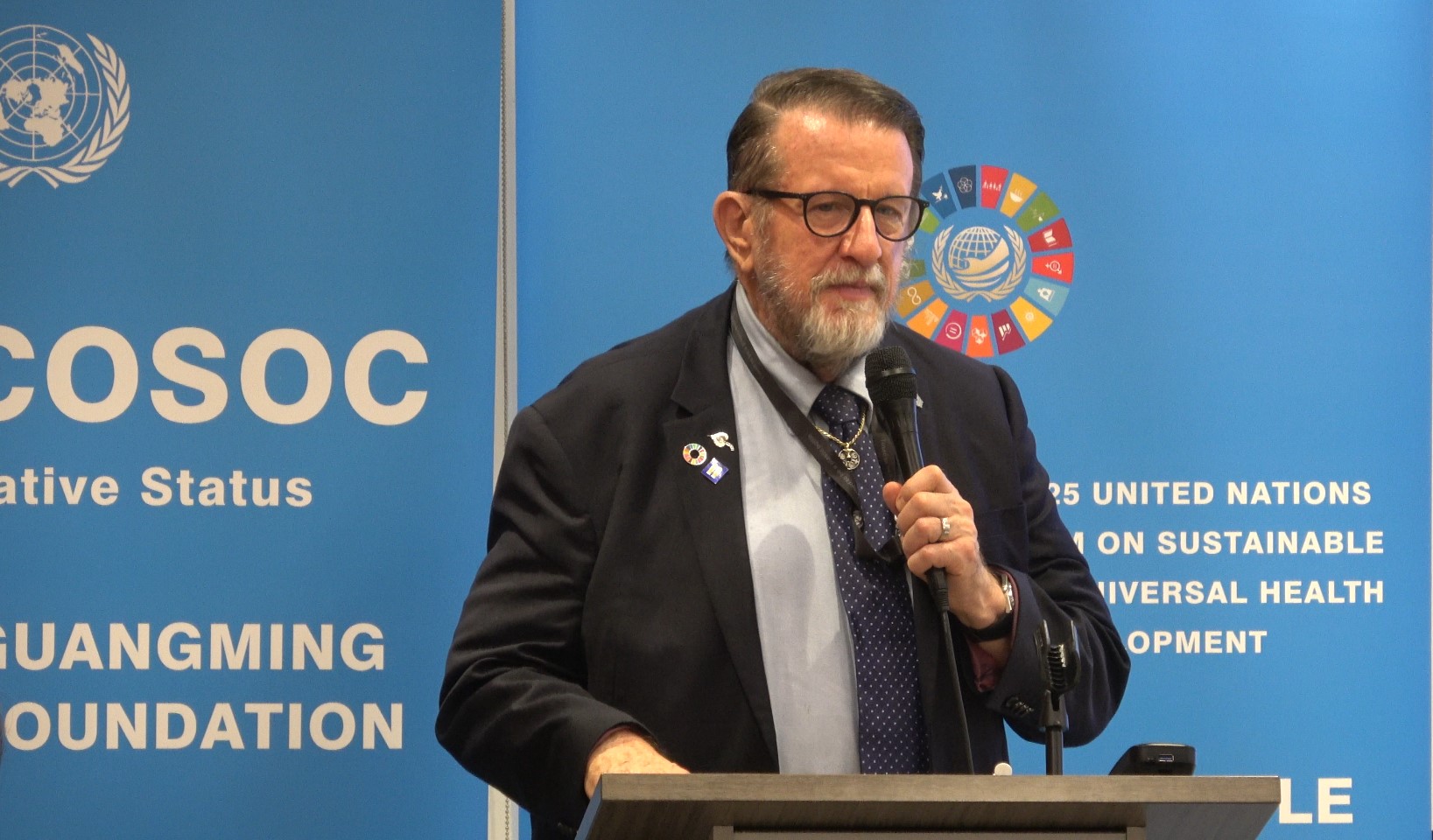
Multi-stakeholder participation, Chinese solutions attract attention
Representatives from the UN system, national leaders, international organizations, and academia attended:
- Former Chair of the UN NGO Committee Bruce Knotts shared health governance experiences with a focus on global cooperation;
- Prime Minister of Madagascar’s transitional government Zafisime Valo and Academician of the National Academy of Sciences of Ukraine Ola Yespenko shared forward-looking insights on national health strategies;
- Chinese representatives highlighted TCM technology, educational systems, and religious health views to showcase China’s experience and cultural confidence.
Ms. Xue Kuiyang presented a TCM-based “Whole Brain Education” model for mental health, Dr. Hu Zhiyuan shared technological outcomes in chronic disease prevention using TCM, and Master Mingdao analyzed the cultural value of TCM in women's health. Chinese wisdom shone at the forum, becoming a new driving force in advancing global health and sustainable development.
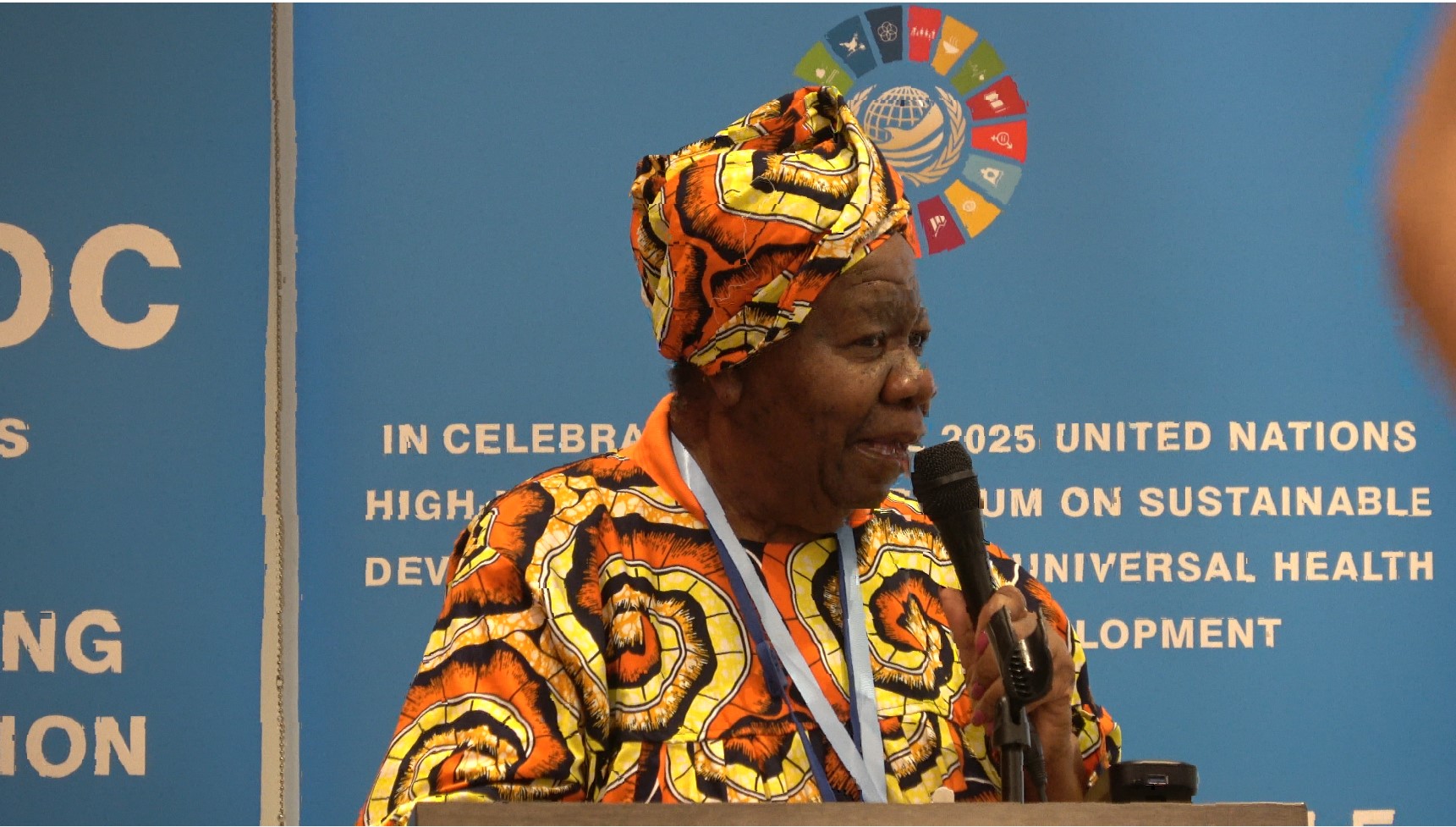
Health topics are the global focus
This forum focused on Sustainable Development Goal SDG3: Good Health and Well-being, under the theme “Health for All: Co-creating a Sustainable Future.” It brought together experts in health, technology, humanities, religion, and more for comprehensive and multidimensional exchanges.
The forum opened with a speech by Ms. Li Lin, Chair of the Guangming Charity Foundation. She emphasized that health is not only the foundation of individual well-being, but also a strategic priority for national governance and global cooperation. Then, Zhang Qihua, Chair of the Global Sustainable Development Alliance Foundation, stated: “Health is the starting point of global development and the endpoint of social prosperity.” His words set the tone for the forum and lit the path for global public health discussions.
Arts and youth voices: Multidimensional expressions of health
The forum also highlighted the roles of arts, technology, and youth in health issues. Ms. Kong Meiqi explored the influence of art on youth mental development, suggesting that “Art nourishes the soul.” Dr. Wang Chen emphasized music’s unique role in healing, education, and public health. Ms. Zhou Jie shared future trends in health technology, revealing new boundaries of the global health ecosystem.
